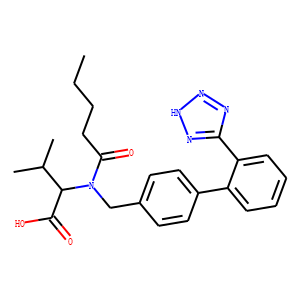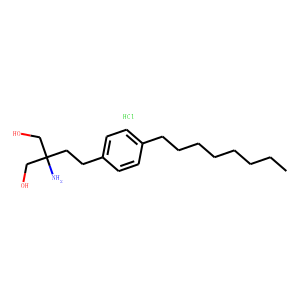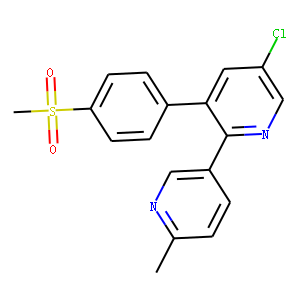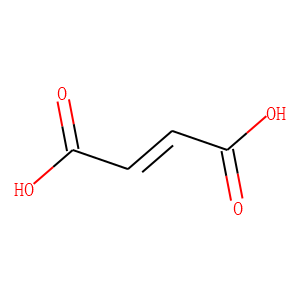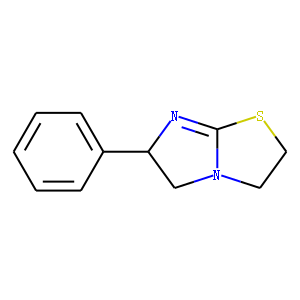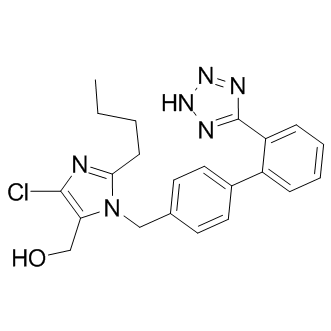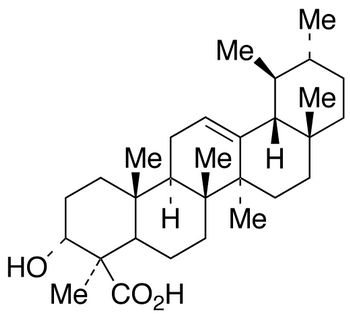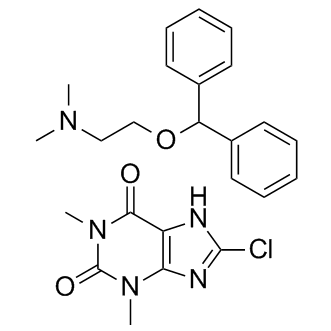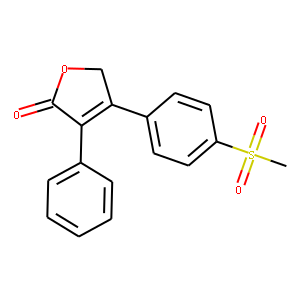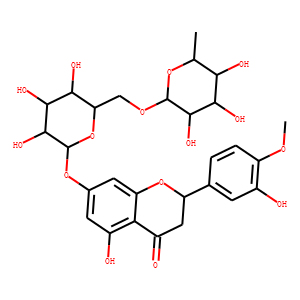Inflammation Modulation
Inflammation Modulators in Infection are specialized agents designed to regulate the body’s immune response during infectious diseases. These modulators work by targeting inflammatory pathways that become excessively activated during infections, helping to prevent tissue damage and reduce complications associated with hyperinflammation. By controlling cytokine release, immune cell activation, and inflammatory signaling cascades, these modulators ensure that the immune response remains effective without causing harm to healthy tissue. Inflammation modulators play a critical role in managing conditions where inflammation exacerbates the severity of infections, such as in sepsis, COVID-19, and other viral or bacterial infections. Commonly targeting pathways like NF-κB, JAK/STAT, and cytokine signaling, these agents are invaluable for research and therapeutic development, aiding in understanding and managing inflammatory responses in infections. High-purity Inflammation Modulators in Infection support drug discovery, helping researchers and clinicians explore balanced immune responses to improve patient outcomes and minimize inflammation-driven tissue damage.

